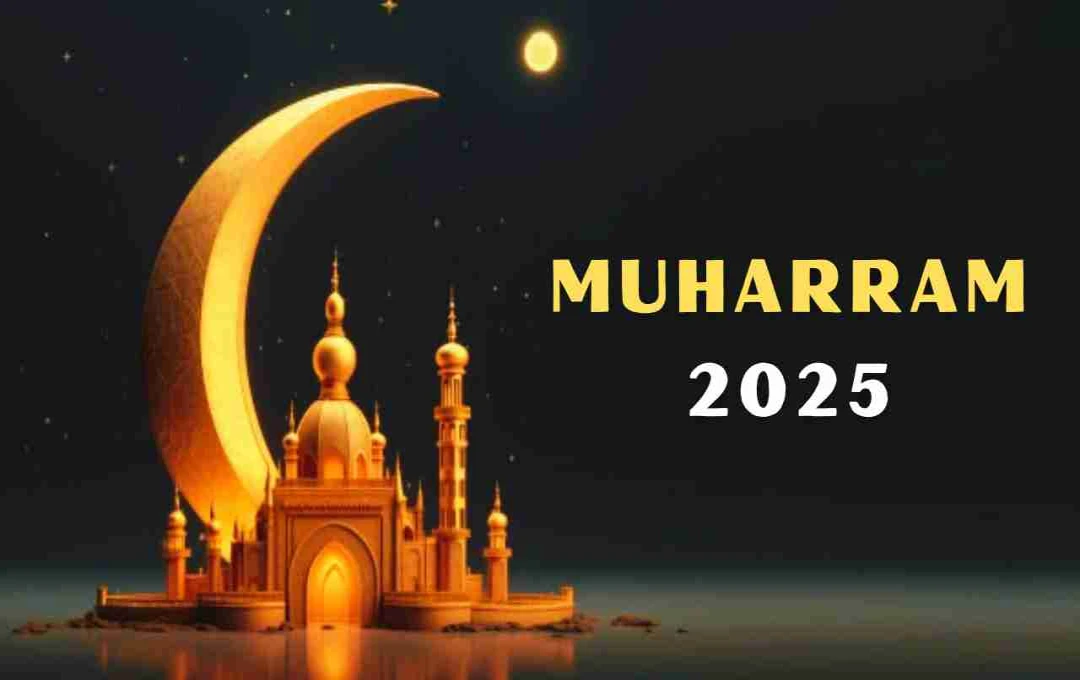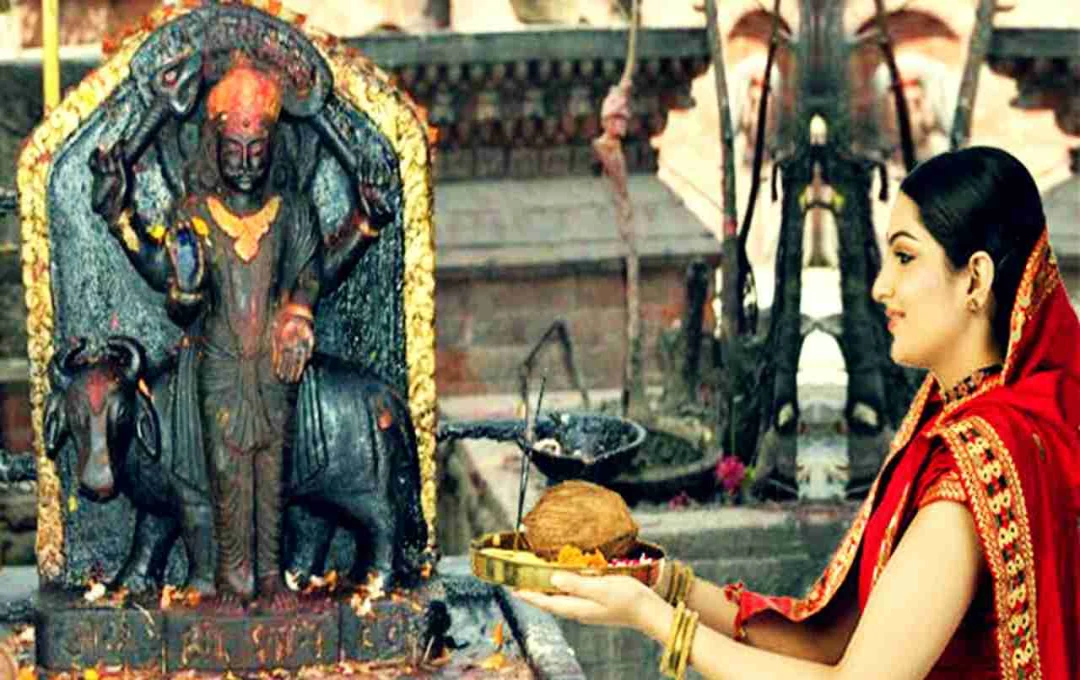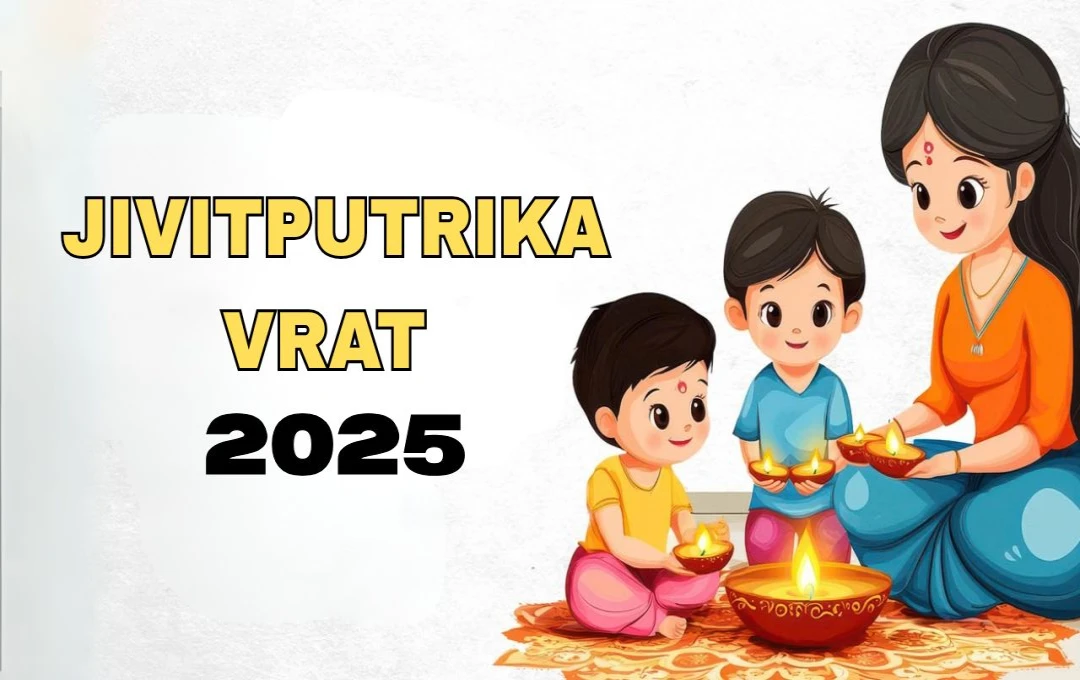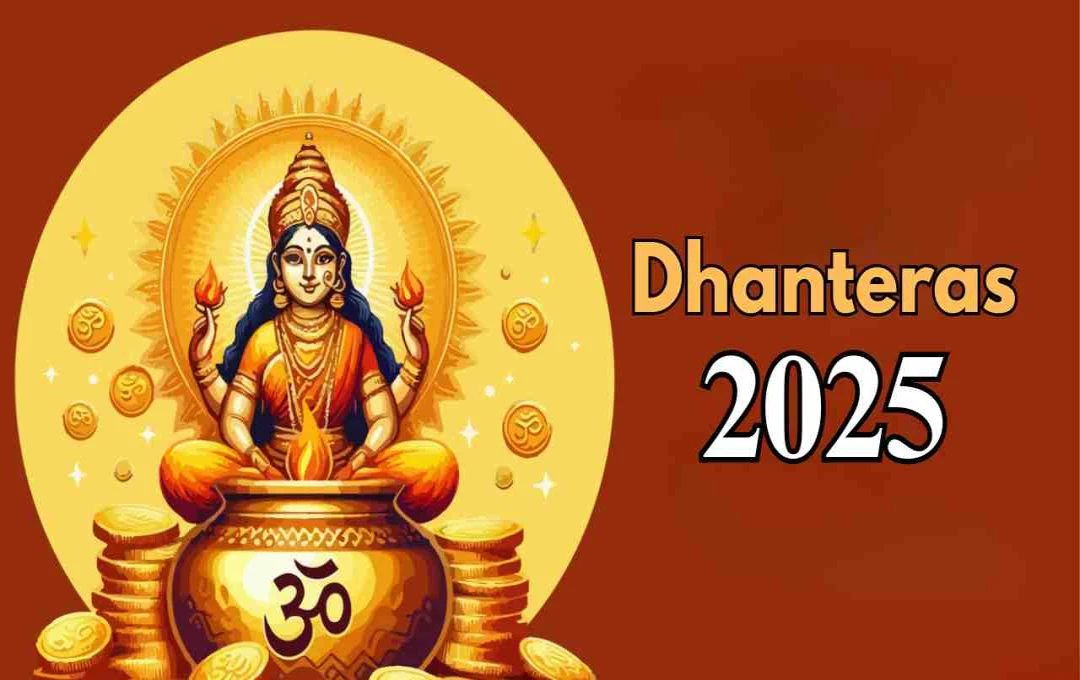The Islamic calendar, also known as the Hijri calendar, begins with Muharram, a month of significant importance to both Sunni and Shia Muslims. This month is considered sacred, not only for its spiritual value but also for the combination of mourning and devotion practiced within it.
Muharram 2025 Start and Duration
The Islamic calendar is lunar-based, meaning the start of each month depends on the sighting of a new crescent moon. Muharram 2025 is estimated to begin on June 26th or 27th, with the 10th day, Ashura, falling approximately on July 5th or 6th. However, these dates are subject to local lunar observations, so announcements from local religious authorities should be followed.
Why is Muharram So Important?
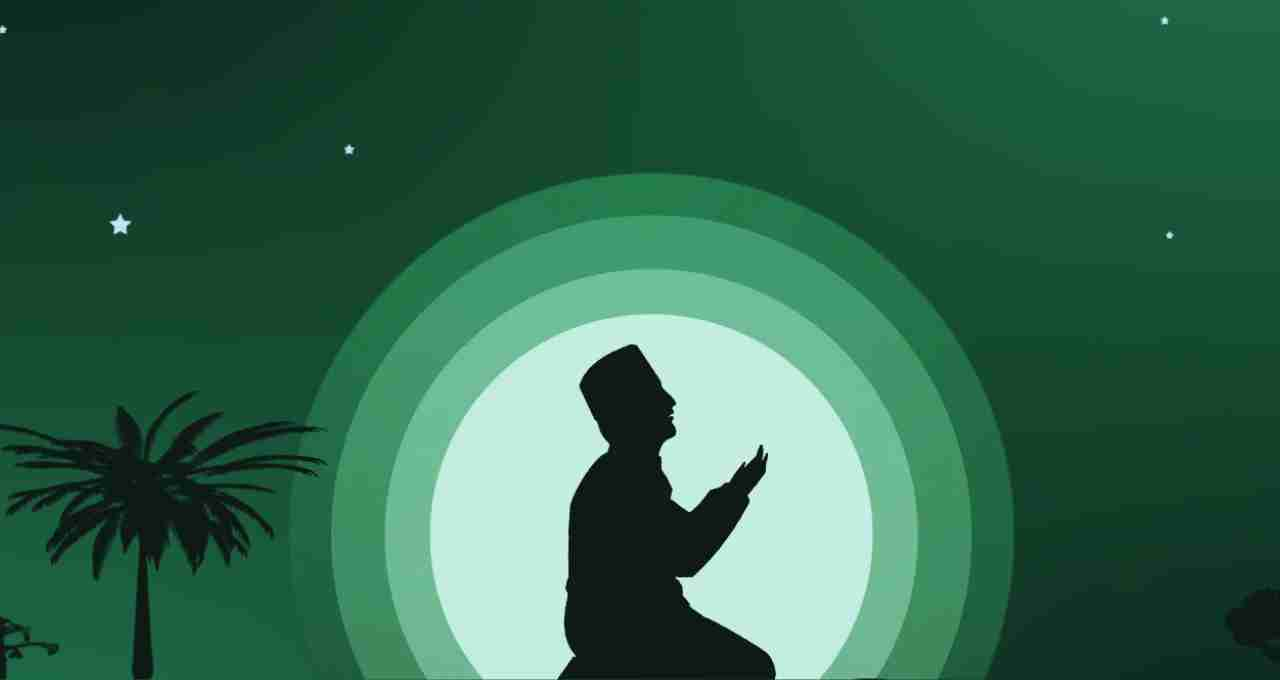
1. One of the Four Sacred Months
According to Islamic tradition, there are four months in the year during which fighting and violence are forbidden. Muharram is the first of these months, during which Muslims are encouraged to engage in restraint, devotion, and self-reflection.
2. Remembrance of the Martyrdom of Imam Hussein
On the 10th day of Muharram, known as Ashura, the sacred grandson of Prophet Hussein (RA) and his 72 companions sacrificed their lives in the tragic Battle of Karbala in 680 AD to defend Islam and justice. The commemoration of their martyrdom is observed throughout the world on this day.
Ashura Day: Mourning and Devotion
- Ashura (Ashura): This name derives from the Arabic word ‘ashr’, meaning ‘the tenth day’. It is a deeply revered day for Muslims, particularly for Shia Muslims.
- Tasmia (the ninth day): Many people observe Tasmia on the ninth day, engaging in devotion and fasting in remembrance of Imam Hussein. This is a preparatory observance for the Ashura celebration.
- Mourning on Ashura: Devotees wear black clothing, participate in processions, create and dedicate tazias (decorated floats) to Karbala, and express their grief.
- Self-Flagellation (Cutting the Cheek): Some Shia men and women express self-mortification and pain by cutting their cheeks.
- Devotion and Dua: Many Sunni Muslims observe fast on this day, recite the Quran and Hadeeth, and make requests for forgiveness.
Prayers and Rituals Performed in Muharram
During the Muharram month, increased devotion, prayers, Quran recitation, and Zakat-al-Mal (charity) are performed. People consume khouran (a specific type of bread) and help the poor and needy.
- ‘اَللّٰہُمَّ ارْحَمْنَا يَوْمَ الْعَرْشِ الْمَحْوُوٍ'
(O Allah, grant us mercy on the Day of the Erasure – the Day of Judgment) – such prayers are recited.
Lessons and Inspiration

Muharram is not just a month of mourning, but also a symbol of the struggle for justice and humanity. The story of Imam Hussein’s battle offers several important lessons:
1. Sacrifice for Justice
When the future challenges the present, it is a religious duty to speak out against injustice, and silence is a disservice.
2. Patience and Courage
Imam Hussein displayed extraordinary courage in the fields of Karbala. It is a message to remain patient and steadfast in the face of life’s difficulties.
3. Charity and Humanity
Engaging in economic assistance and social service during Muharram deepens the roots of devotion. It is also a festival of humanity.
Muharram Action Plan
- Friday and Saturday Prayers: Read special prayers and make requests.
- Fast and Give to the Poor: Fast and donate to the needy.
- Stand Firm in Prayer: Recite virtuous verses throughout the month.
- Mourning Traditions: Observe mourning with restraint and self-reflection.
- Promote Peace: Work to maintain peace and tranquility in your home and community.
The Muharram month reminds us of the sacrifice of Imam Hussein, the values of justice, courage, and humanity. It is a time for self-reflection, restraint, and service. Let us embark on this sacred month on the path of devotion and peace, and embrace goodness and truth in our lives.
